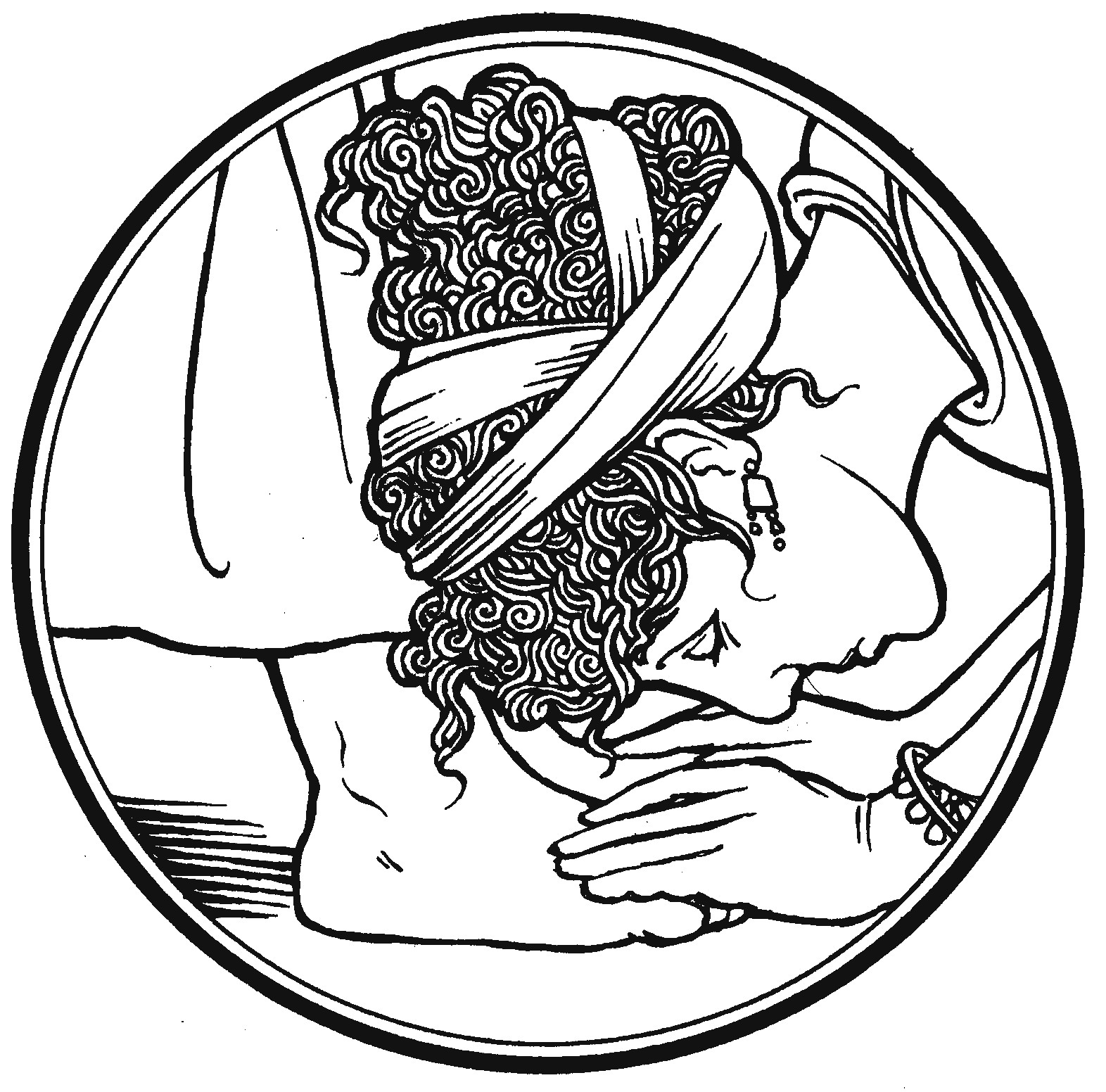Tag: Second Sunday in Lent (Reminiscere)
-

Second Sunday in Lent (Reminiscere)
Readings: Genesis 32:22-32 | 1 Thessalonians 4:1-7 | Matthew 15:21-28 Text: Genesis 32:22-32 One of our world’s favorite questions is to ask, “Where is God?” When the floods rage, where is your God? When the tornadoes touch down, where is your God? When tidal waves destroy, when earthquakes level cities, or people die, where is…
-

Second Sunday in Lent (Reminiscere) (Genesis 32:23-33)
Bethlehem Lutheran Church, Lebanon, OR Second Sunday in Lent (Reminiscere) + March 17, 2019 Text: Genesis 32:23-33 In Hebrews 11, the Apostle defines what faith is: “Faith is the assurance of things hoped for, the conviction of things not seen. 2 For by it the people of old received their commendation.” (Hebrews 11:1-2). We don’t see…
-

Second Sunday in Lent (Reminiscere) (Genesis 32:22-32)
Bethlehem Lutheran Church & Bethel Lutheran Church, Lebanon & Sweet Home, OR Second Sunday in Lent (Reminiscere) + February 25, 2018 Text: Genesis 32:22-32 When you pray, do you ever wish you had some extra influence, something that would help God see things your way? I know I do, when I’m praying for someone I…